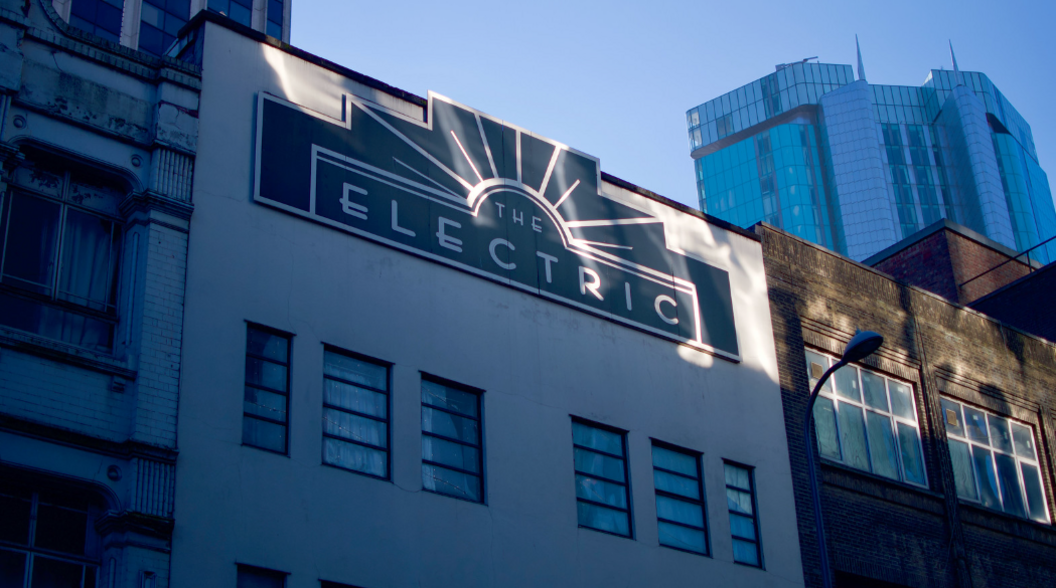What is in store for the future of The Electric cinema?
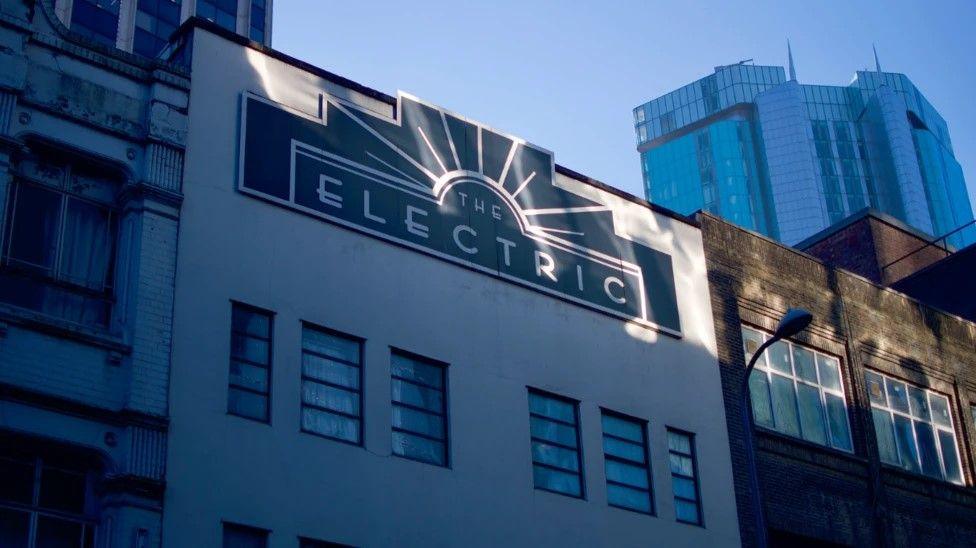
The cinema started operating in 1909 but closed suddenly in 2024
- Published
A landmark to the silver screen in Birmingham, The Electric Cinema held audiences in its spell for more than a century.
Showing its first film in December 1909 , the venue went from screening silent movies to showing adult films in the 1970s before moving to mainstream and art house ones.
However the site on Birmingham's historic Station Street, the UK's oldest working cinema, closed suddenly in February 2024 - to the disappointment of film fans.
So what has become of the once iconic cinema - and what is in store for its future, 18 months on from the closure?
What is the story so far?
After its closure, an online petition was set up calling for Station Street to be designated as a historic, cultural and civic asset.
There were fears that the area - which also includes the Crown Pub where Black Sabbath played their first gig - could be redeveloped.
In March 2024, campaigners fighting to get the building listed status status, had their bid rejected.
Two months later, the building's leaseholder, Glenbrook, told a public session it had ambitions of "reinventing" the cinema and seeing the street transformed into the "heart of a wider cultural walk", called Central Station Street.
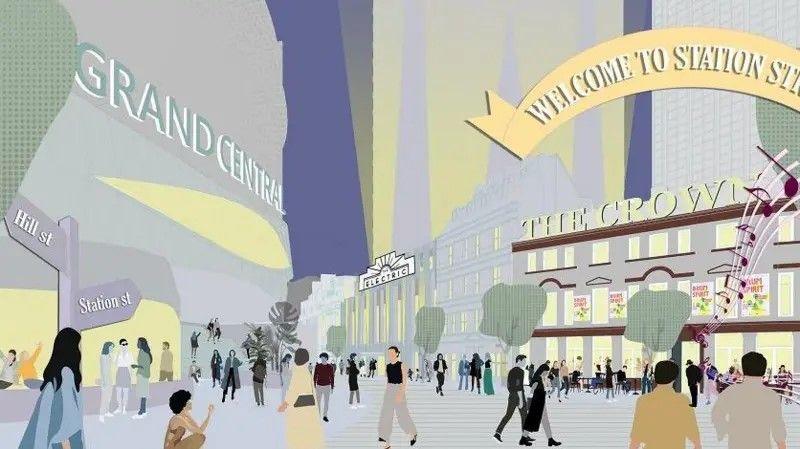
An early vision of what the cinema could look like
A representative for Glenbrook said the company was in the "very early stages" of the design process for the site.
On a website, external detailing their vision, the company said it wanted to make sure the cinema remained a cultural asset - but there were no fixed plans and they had not yet come to an agreed approach.
Among potential ideas, they said there could be more than two high-quality screens, a food and beverage offer and a temporary event and creative space.
They added that the plans would include new homes above the cinema and therefore it would be a tall building. However, they added that no firm proposals were developed and the exact height and design were still being considered.
"There are currently no plans for The Electric to reopen in its current form, although a lease renewal had been offered to the previous owners," the website said.
"During any construction period, we will be considering options to retain a cinema use – either on Station Street or nearby, until a potential reinvigorated cinema can open – so that the connection to film is not interrupted."
It also added that, due to the condition of the building, they believed that a new façade could be "the best solution".
A representative for West Midlands Mayor Richard Parker said it would be for Birmingham City Council to provide an operational update.
Speaking to BBC Radio WM in July, Mr Parker said he would like to see Station Street saved, but there was a need "to ensure that any solution is financially robust and sustainable".
The BBC has contacted Birmingham City Council for comment.
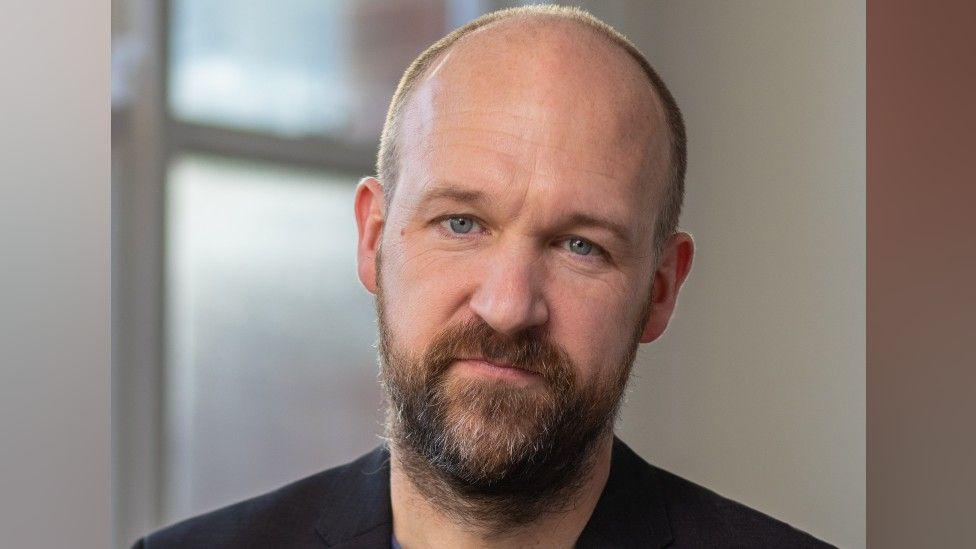
Ian Francis, from Flatpack Festival, said he wanted to see the Electric saved or given a new lease of life
Ian Francis, director of Birmingham-based Flatpack Festival, which hosts an annual film festival, has put events on at the venue since the 1990s.
He said they were leading on a study at the site, with a steering group including representatives from the British Film Institute, the National Trust and the West Midlands Combined Authority, as well as engaging with Glenbrook.
"We've had a couple of site visits this year, so we've been working on a feasibility study... basically getting a sense of what kind of film venue people would like to see evolve from the site," he told the BBC.
"The overwhelming result to the consultation is that people would like, as much as possible, the potential for preserving The Electric and giving it a new chapter."
"I think their preferred option is to build a new cinema on the site, so they're progressing that as an option, while we look at the renewal option.
"Given its unique history, I think we have to do as much as possible to explore all the options for saving the building, or for giving it a new lease of life."
He added that his team was finalising designs and looking at business models, while he believed the developer was looking to apply for planning permission later in 2025.
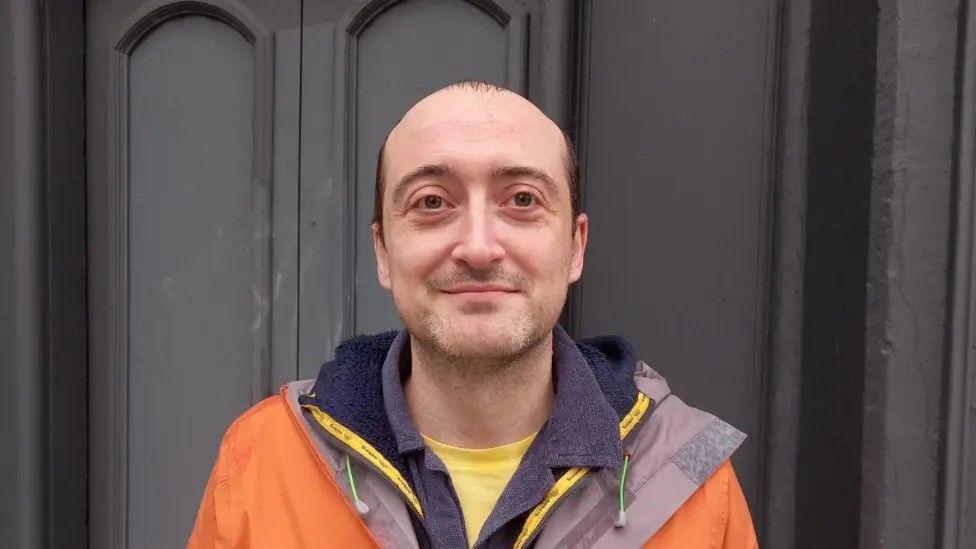
Darren John is part of the campaign group which wants to see the cinema open again
Campaigners said they felt like they were being kept in the dark on the plans for the site.
Darren John, who led a fight to get the site listed, said their focus was always to get The Electric open again.
"Glenbrook Property, who own The Electric cinema, have stopped responding to emails, so we have no idea what's happening there," said Mr John.
"We don't know if they're talking to the council - we hope they are but we're kept in the dark at the moment."
He said they have not seen any plans for the site.
"At the end of the day, we're realists, if they want to deliver something really good for Station Street and reinvigorate it, we wouldn't necessarily be against that," he said.
"We just have very little faith at the moment that they have the best interests of Birmingham at heart."
Glenbrook Property have been approached for a response.
Get in touch
Tell us which stories we should cover in Birmingham and the Black Country
Follow BBC Birmingham on BBC Sounds, Facebook, external, X, external and Instagram, external.
Related topics
- Published21 May 2024
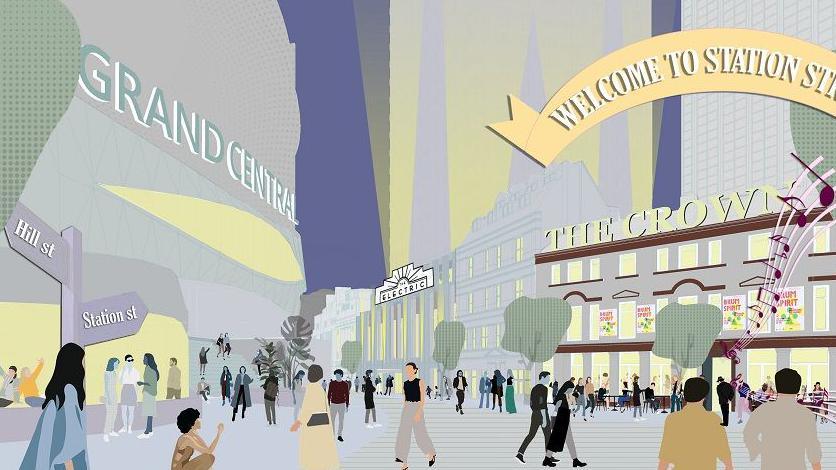
- Published6 March
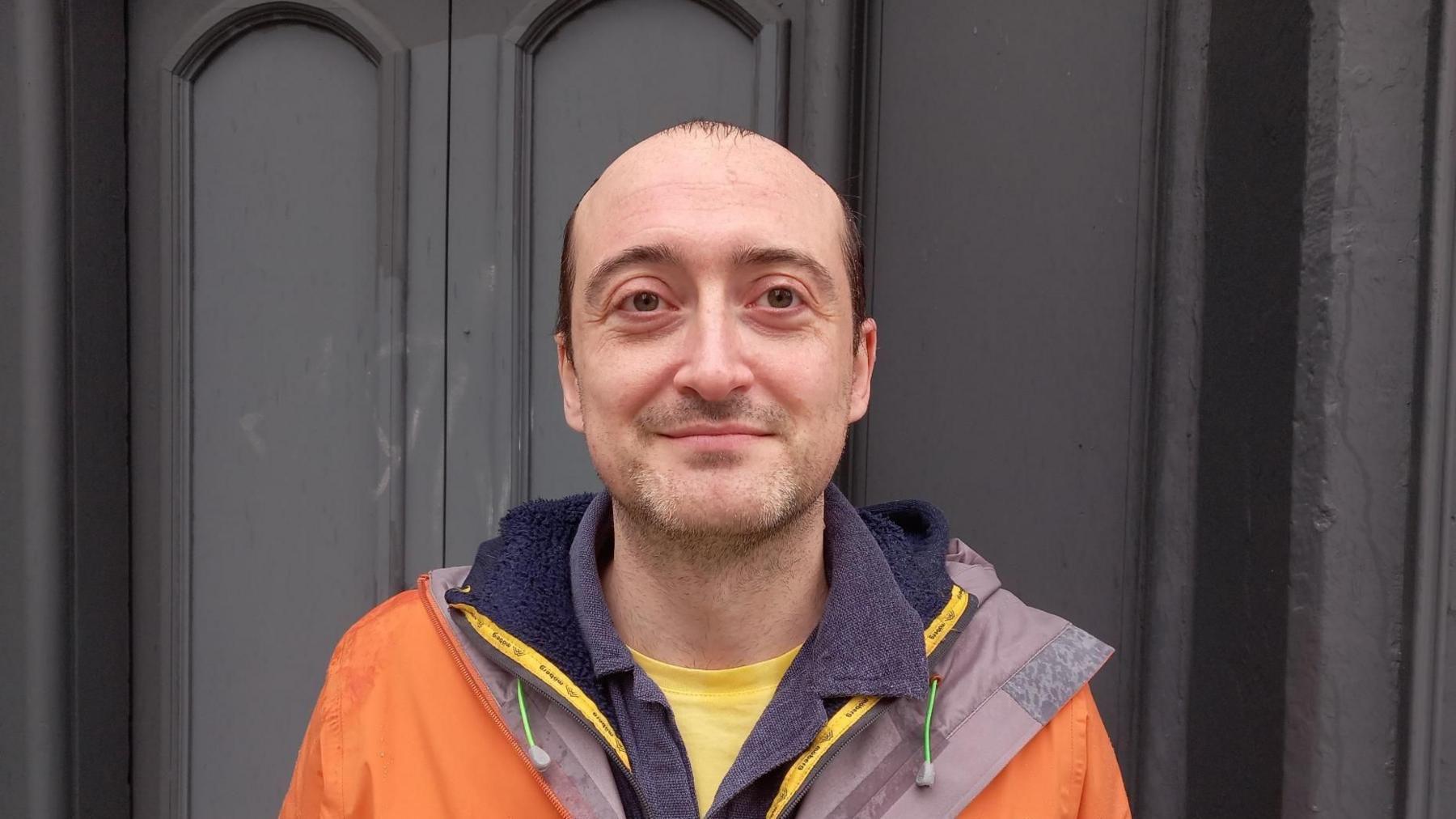
- Published4 March
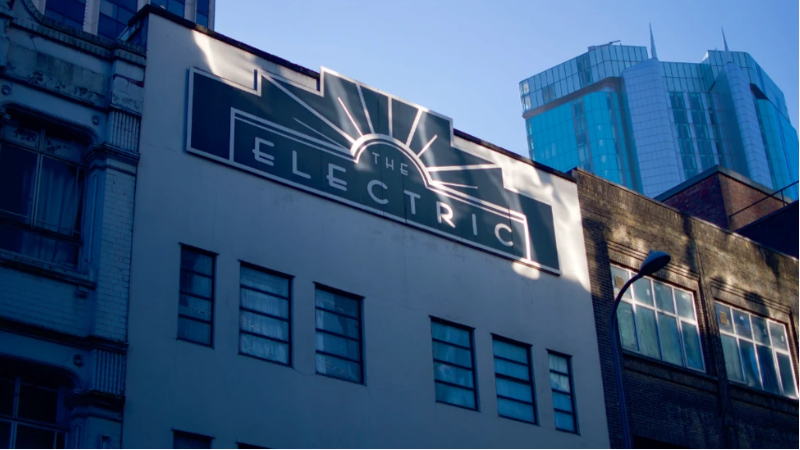
- Published1 March 2024
